
‘I felt a part of me had been cut off’
Politicians and journalists reflect on Sudan’s 2011 separation, the underlying reasons for the split, and its toll.
Watch The Power and the Pain here.
After independence from Britain in 1956 and a series of civil wars and military coups, the modern history of Sudan has been chequered and troubled.
When the potential unifying figure of John Garang de Mobior died in a helicopter crash in 2005, events towards separation of the Christian south from the predominantly Muslim north escalated and led almost inevitably to the eventual split in 2011.
But where did the drive for separation really come from?
We hear from politicians and journalists in the north and south, who reflect on the separation, the underlying reason for the split, and the toll it has taken on the lives of ordinary people.
Ali Shamo, National Council for Press and Journalism, Sudan.
“I saw on the map South Sudan had been cut off from Sudan; on the map from Sudan. I felt as though part of me had been cut off.
 |
“What you see and hear are the views of specific media outlets. The media have always been dominated by the north because the government was based in Khartoum.
“This means it has always been hard for other voices to be heard and that is still the case today.”
“When the Islamists seized power in Khartoum, the civil war became jihad. Jihad is a religious and an Islamic term. It has nothing to do with what happened during the civil war. They were determined to do as much harm as possible to non-Muslims.
Mansour Khalid, poltical adviser, Sudan People’s Liberation Movement (SPLM), South Sudan
 |
“What really saddens me is that everything was agreed in the CPA to enable unity was then betrayed by the north.
“African blood runs through my veins. This is the truth so why are we running away from it? It is shameful, because you’re contradicting yourself.
“University students, government employees, doctors, engineers and businessmen were kicked out. How can you explain this?”
Hassan al-Turabi, leader of the Popular Congress Party, Sudan
“I encouraged jihad for good reasons. I wanted them to fight for God’s sake and for the unity of the country. So the whole of Sudan would benefit from the riches of the north and Sudan would become an example of regional unity in Africa.
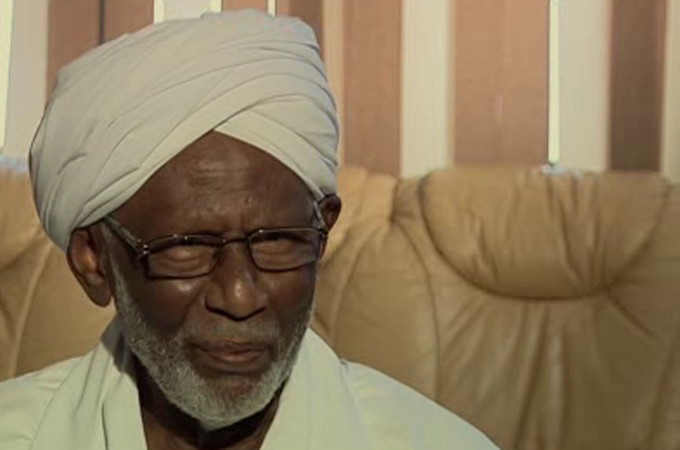 |
“I wanted them to have a greater purpose. I didn’t want them to fight just to be martyred. This is a common misconception among many Islamic movements.
They think God will reward them for killing the enemy. This is true only when it’s for a higher purpose.”
“They started jihad against the south. If they’d gained control of the south before separation, it would have become part of the Islamic Sudanese state.
Pagan Amum, secretary general, Sudan People’s Liberation Movement (SPLM), South Sudan
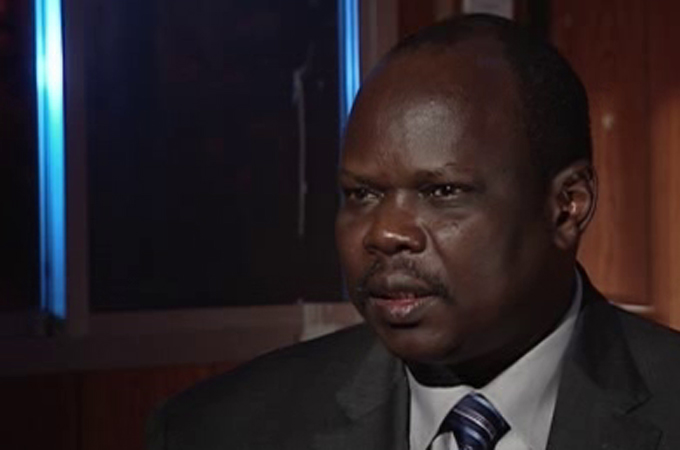 |
“[Bona] Malwal’s separatists influenced our SPLM leadership. Bona Malwal had a big influence on Salva Kiir, the leader after [John] Garang.
“Sudanese president Omar al-Bashir used to boast about controlling Salva Kiir. He did this through his adviser, Bona Malwal.”
“It wasn’t about whether [John] Garang would have prevented separation. It was more about how he would have dealt with separation, change and extremists like [Bona] Malwal.
Edward Lino, former security chief of Sudan People’s Liberation Army (SPLA), South Sudan
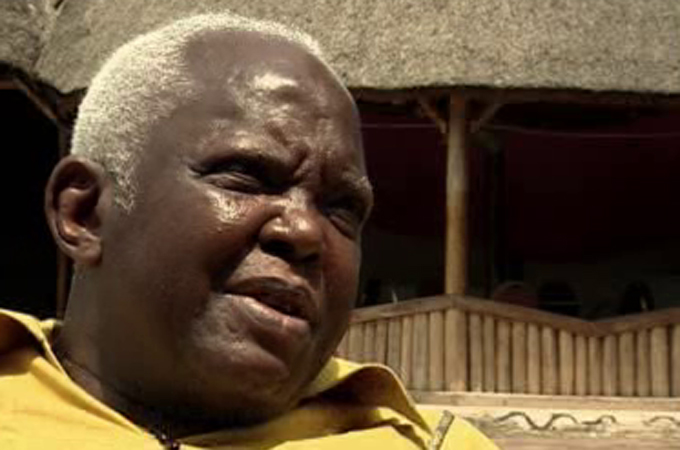 |
“Separatists got closer to the SPLM through the Khartoum government. Malwal’s group and other southern parties were hand-in-glove with the ruling National Congress. They joined the SPLM just because they were southerners. They engulfed the Movement.
“We in SPLM had been working for the unity of Sudan since 1983. Several northern regions joined us in our armed struggle to build a ‘New Sudan’. Many of our precious sons were martyred in this fighting. This shows how serious we were about unity.”
Al-Tayeb Mustafa, chief of the Just Peace Forum Party, Sudan
“I can assure you, the Islamic movement’s position was pro-unity. The Islamic movement viewed the south as a potential battleground.
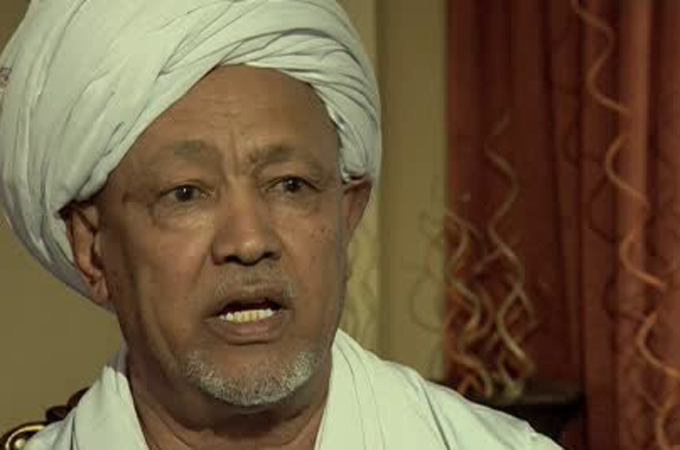 |
“Southerner politicians thought unity would benefit Islam and that Islam would spread to the south.
“The south has never wanted to stay part of Sudan.
“Arabs have never lived in the south.”
Atem Garang, the chief whip of South Sudan parliament, South Sudan
“Al-Tayeb Mustafa has helped make southerners hate Sudan.
 |
“Al-Tayeb’s separatism ideology influenced the whole of Sudan.
“Northerners believe in those outdated ideas from the 1930s, ’40s and even the ’70s. They believe that being a slave is about skin colour and geography.
“The National Congress thought the SPLM leadership was poor and not very intellectual. So they thought it would be easy to influence them and change their ideology.
“So they started to show less respect to the SPLM.”
Kamal Al Jozali, a writer and activist, Sudan
“If [John] Garang had survived, the separatists wouldn’t have pushed for separation. Garang’s charisma would have reduced their influence. But his death changed everything.
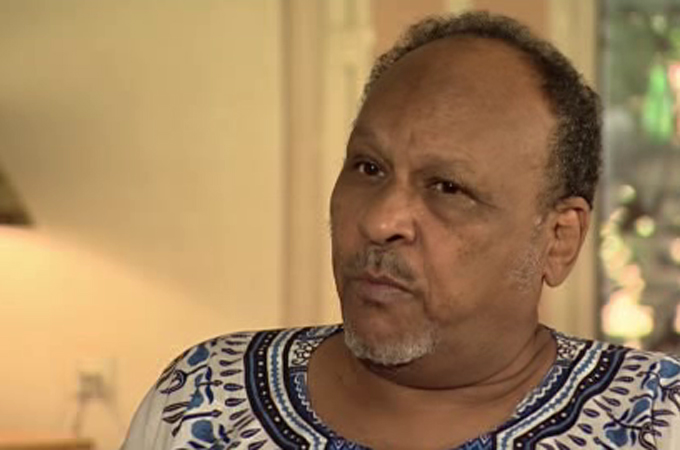 |
“When you analyse the politics, you find that there’s separation and that there are separatists. And if you were told that separation came from the south, you would believe it. But culturally, psychologically and socially, that’s not true. Southerners really wanted to stay part of Sudan. Until this was no longer possible.
“Many southerners came to me in my office; there were friends, relatives and others who rented houses in the outskirts of Khartoum; they complained that the forced evacuation of their homes was illegal.
“We’ve treated southerners like slaves based on social and economic stereotypes. Let’s be clear. Northerners grow up thinking of southerners as slaves.
“The word ‘slave’ follows southerners everywhere. But they still walk proudly in the streets of the north.”